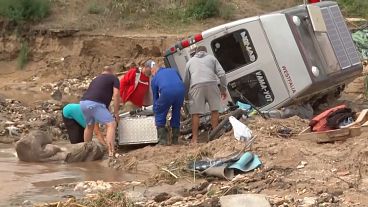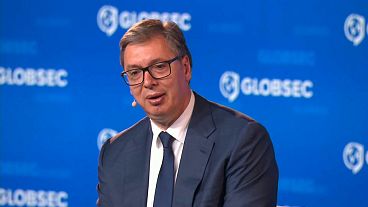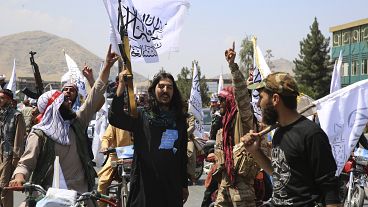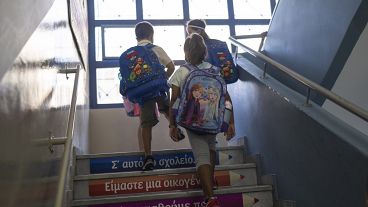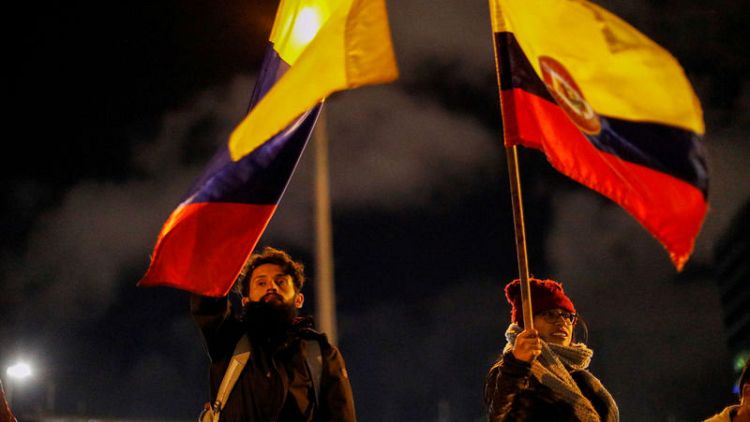By Julia Symmes Cobb
BOGOTA (Reuters) - A teenager who became a symbol of ongoing protests in Colombia when he was injured by a teargas canister died of his wounds late on Monday, after President Ivan Duque met with unions and business leaders on the fifth straight day of demonstrations.
The death of 18-year-old Dilan Cruz, announced by the hospital where he had been receiving treatment since he was hit during a protest on Saturday, is likely to fuel criticism of the crowd dispersion tactics of the ESMAD riot police, which include tear gas and stun grenades.
Before his death was announced, protesters had marched past San Ignacio hospital chanting "Be strong Dilan!". Some had paused at a heart-shaped flower arrangement decorated with candles and signs in his honour.
Duque said on Twitter he deeply regretted Cruz's death and sent condolences to his mother, grandfather and two sisters.
Thousands of protesters have taken to the streets over issues including economic reforms, police violence and corruption.
The protests began with a 250,000-person march last week and have been marked by neighbourhood "cacerolazo" demonstrations - a traditional Latin American protest in which people bang pots and pans.
Isolated cacerolazos could be heard in Bogota by a Reuters witness, along with shouts of "Dilan!", after the news of Cruz's death broke.
Protesters of all ages have declared themselves against rumoured economic plans such as a cut to the minimum wage for young people that Duque denies supporting. They have also highlighted what they say is a lack of government action to stop the murder of hundreds of human rights activists.
Duque has promised a "great national dialogue" focussed on social issues and the fight against corruption to run through mid-March. Duque met on Monday afternoon with business representatives, as well as the unions that organised the original march.
More meetings are planned for Tuesday, as is an announcement by unions and student groups about whether they will continue to back marches.
Many protesters are also demanding the government fully implement a 2016 peace deal with Revolutionary Armed Forces of Colombia (FARC) rebels, which Duque unsuccessfully tried to modify. Monday also marked International Day for the Elimination of Violence Against Women.
"Old people in this country are accustomed to deaths being just one more statistic, and we want that to begin to change," said design student Sofia Murcia, 20, standing with friends carrying white flowers. "If you do nothing, you're complicit."
The protests have been largely peaceful, despite isolated looting in some areas and the institution of overnight curfews in Bogota and Cali.
The police have said three people were killed following Thursday's protests in incidents connected to looting. More than 340 police officers have been injured.
The protests have coincided with demonstrations elsewhere in Latin America, from anti-austerity marches in Chile, inflamed tensions in Ecuador and Nicaragua and protests over a fraught election in Bolivia that led President Evo Morales to resign.
(Reporting by Julia Symmes Cobb, Additional reporting by Nelson Bocanegra; Editing by Cynthia Osterman and Stephen Coates)

